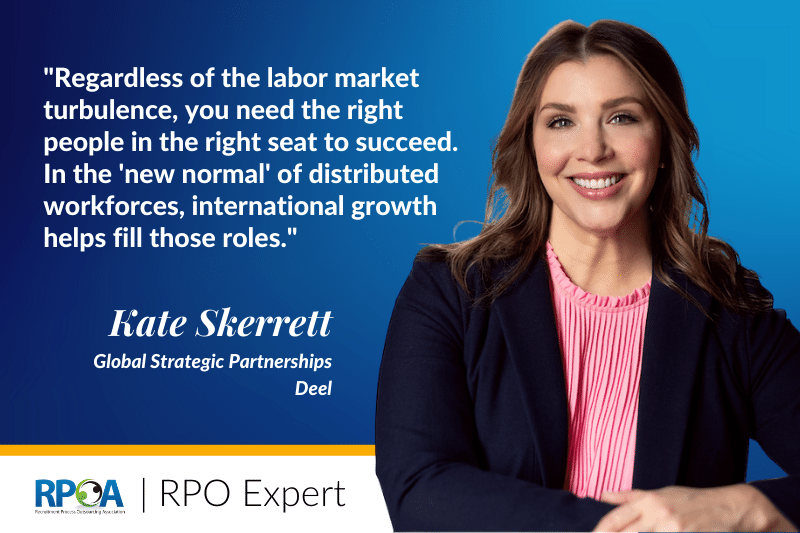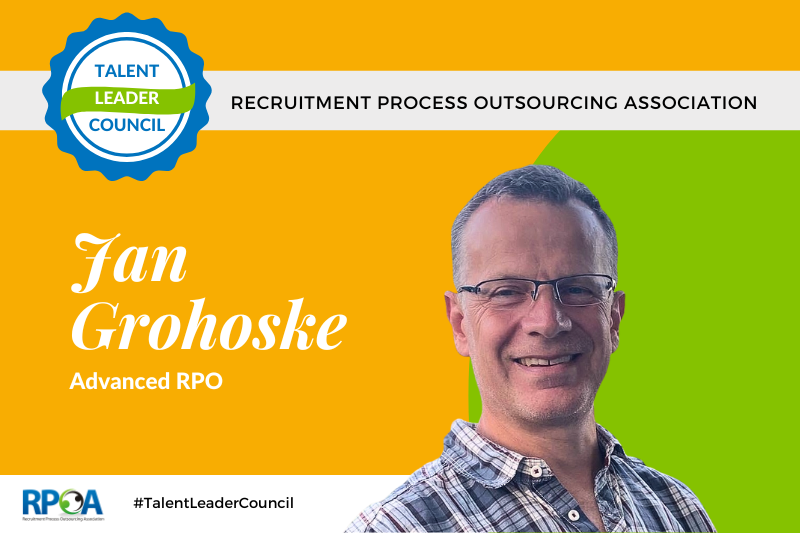 The RPO industry is in a growth mode, with a multitude of different players arriving to be a part of this emerging industry. As RPO matures, natural selection process will start to take place and a few RPO companies will rise to the top. The best way to ensure that your company survives is to adopt best practices that ensure solvency and scalability over your competitors.
The RPO industry is in a growth mode, with a multitude of different players arriving to be a part of this emerging industry. As RPO matures, natural selection process will start to take place and a few RPO companies will rise to the top. The best way to ensure that your company survives is to adopt best practices that ensure solvency and scalability over your competitors.
“A best practice is a method or technique that has consistently shown results superior to those achieved with other means,” said Michelle Quiles, managing director of Phoenix Advisory Group. “A best practice is much more than a practice that works.”
Here are three best practices Michelle recommends for running a successful RPO company:
- Develop a monthly chck list
This checklist should list daily, weekly and monthly tasks for each department or aspect of the RPO company; tasks that are necessary to keep the business running. Each task should then be assigned to someone on the team to complete. “Break the business down to the buckets of operation,” Quiles said. “You’re still a business. You can’t ignore the core parts.”This can be easy for a company to forget as it gets engrossed in the practices of the client. A monthly checklist will help in maintaining the health of the company and will contribute to functionality. - Find a niche or core values for focus
Quiles said that in the end, an RPO company is dealing with people, so the company should focus on a niche and/or some core values of which it is passionate. “Be clear about who you are and your strengths,” she said. “Make decisions based on your mission and core values.” If your RPO company has some trouble finding a niche, Quiles suggested taking a look at the growth sectors in the global labor market, as well as where clients are having trouble finding quality candidates. These types of sectors offer the most opportunity for an RPO company to focus and to define itself. - Be an effective communicator
Clients are looking to an RPO company to manage one of the most crucial aspects of the business, so it’s incredibly important to have a communication strategy or plan of action from start to finish.
“Effective communication also needs to take place within the firm, and with the candidates,” Quiles said. “It’s the best way to ensure success.”When it comes to communicating with clients, it’s best to outline the responsibilities of each member of the team, and to remain in frequent contact.
As the RPO industry matures, it’s important for each individual company to make sure that it is still thriving, that it will be able to survive the increase in competition and the increased needs coming from clients. Best practices are the key to maintaining the healthy and functionality of the firm.
“The RPO industry is in the middle of a marathon, where the objective isn’t always to win,” Quiles said. “It’s about positioning yourself to be thriving and standing.”
About Michelle Quiles
Michelle D. Quiles is a seasoned recruitment optimization and talent management professional with over 10 years of diversified corporate and professional services experience; including both domestic and global engagements. She has a demonstrated track record in helping employers build “best in class” talent acquisition & talent management capabilities to attract, recruit & retain high performing employees. Michelle is a speaker, contributing writer, subject matter expert and thought leader on topics related to the future of work in the global ecco-system & best practices for engaging the millennial workforce. In addition, Michelle is the Founder and CEO of the Phoenix Advisory Group an RPO and professional soft-skills training provider.
About Phoenix Advisory Group
Phoenix Advisory Group is an RPO company focused on the millennial market, creating talent pipelines for clients to recruit recent college and high school graduates. The company also provides services in professional development and soft skills training to candidates in the pipeline, better preparing them for their new employers.
What is your best practices for running your RPO company? share on our blog or LinkedIn Group.














